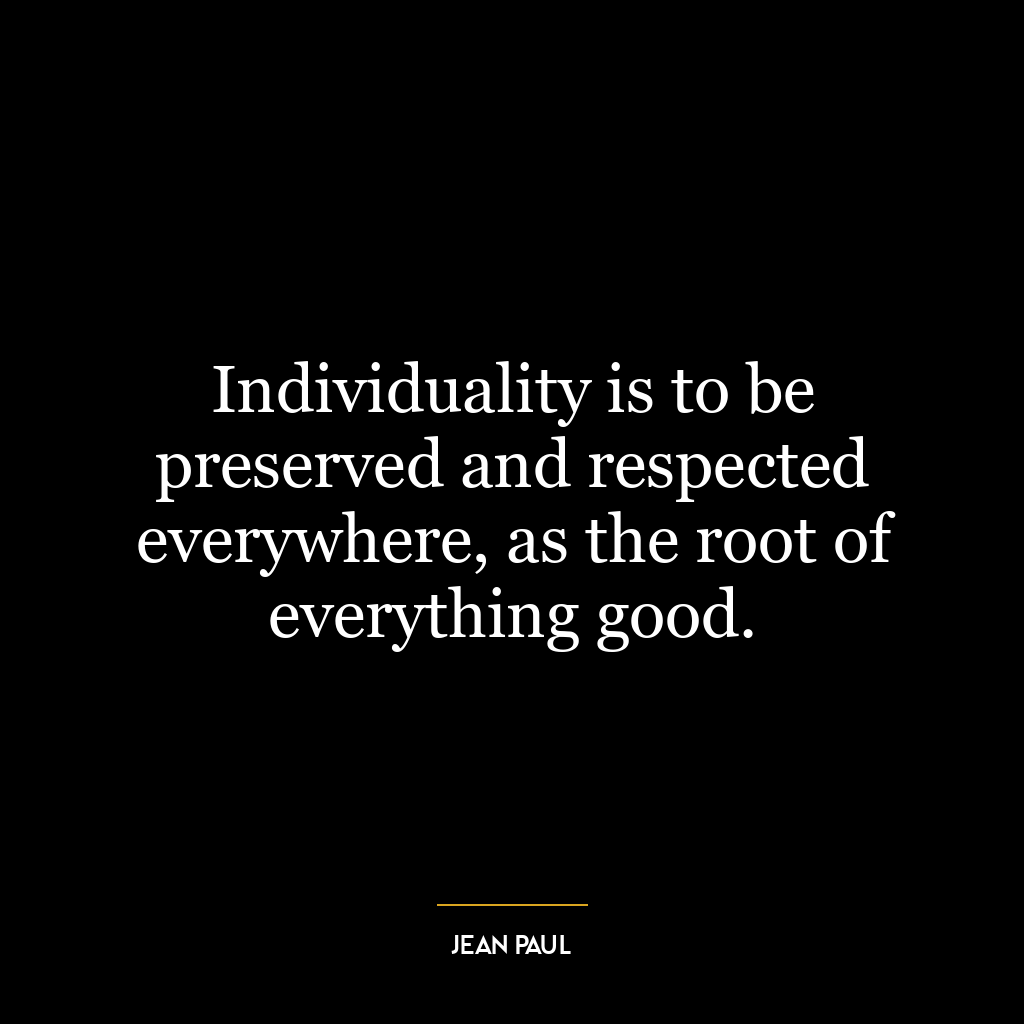True goodness springs from a man’s own heart. All men are born good.
The quote “True goodness springs from a man’s own heart. All men are born good.” is an introspective statement that emphasizes the inherent goodness in every human being. It suggests that the nature of goodness is not external, but internal, originating from within an individual’s heart. This goodness is not something that is acquired or learned, but rather, it is an innate quality that everyone possesses from birth.
The first part, “True goodness springs from a man’s own heart,” reflects the idea that genuine virtue or moral excellence is a product of one’s own heart or inner self. It is not influenced by external factors or circumstances, but is a personal and individual quality. It’s the personal choices, decisions, and actions that determine the manifestation of this inherent goodness.
The second part, “All men are born good,” suggests a belief in the inherent goodness of human nature. It challenges the concept of people being born as ‘blank slates’ or inherently evil, instead proposing that everyone begins life with a predisposition towards goodness.
In the context of today’s world, this quote can be interpreted as a call to recognize and nurture our inherent goodness. It encourages us to look within ourselves for moral guidance, rather than relying solely on external rules or societal expectations. It also serves as a reminder that despite the negativity and evil that may exist in the world, there is a fundamental goodness within each of us that we can choose to cultivate and express.
In terms of personal development, this perspective can foster self-awareness and self-improvement. By acknowledging our inherent goodness, we can strive to make choices that align with this inner virtue, promoting personal growth and ethical behavior. It also encourages empathy and understanding, as recognizing our own inherent goodness can help us see the same potential in others, fostering more positive and compassionate interactions.









